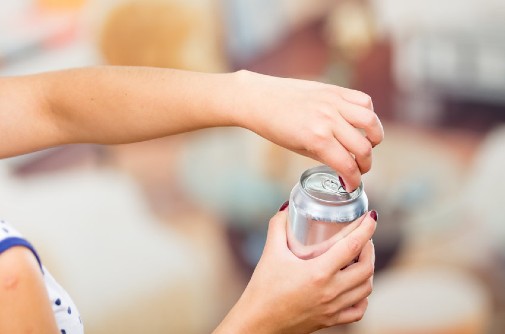Up to a third of children in the UK are consuming at least one energy drink a week, with high levels of consumption linked to headaches, sleep problems, alcohol use, smoking, irritability and school exclusion, new research reveals.
In a study by the University of York and commissioned by the Department of Health and Social Care, researchers found evidence that children who drank energy drinks on five or more days per week were more likely to have low psychological, physical, educational and overall well-being.
The study analysed data on thousands of UK children, in addition to reviewing evidence on children’s consumption of energy drinks from around the world. The findings suggest that boys drink more than girls, and that in the UK, working-class children from the North of England drink more than any other group.
Wellbeing
An average 250 ml energy drink contains a similar amount of caffeine to a 60 ml espresso. The European Food Safety Authority proposes a safe level of 3 mg of caffeine per kg of body weight per day for children and adolescents. Many energy drinks also contain other potentially active ingredients, such as guarana and taurine, and more sugar than other soft drinks.
Lead author of the paper, Claire Khouja, from the Centre for Reviews and Dissemination, University of York, said: “While more research is needed to track the effects of energy drinks on children who drink them, our research has uncovered consistent evidence of links between the regular consumption of these drinks and harmful effects on children’s overall wellbeing. These findings offer support for a government policy banning the sale of energy drinks to children.”
“Our study also indicates that children who are better informed about the contents of energy drinks, drink less, suggesting that an education campaign and/or more prominent warnings on packaging could reduce consumption.”







